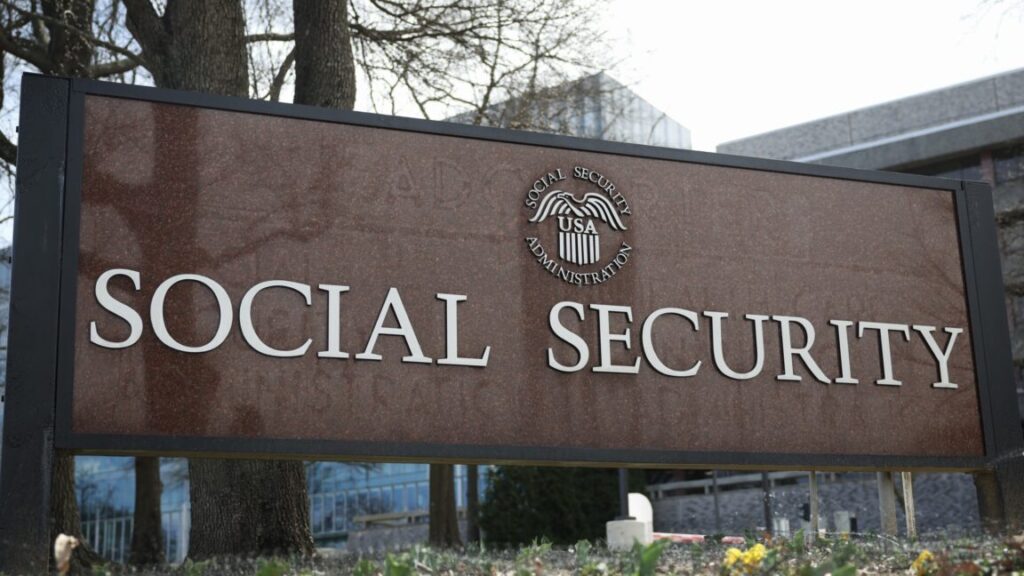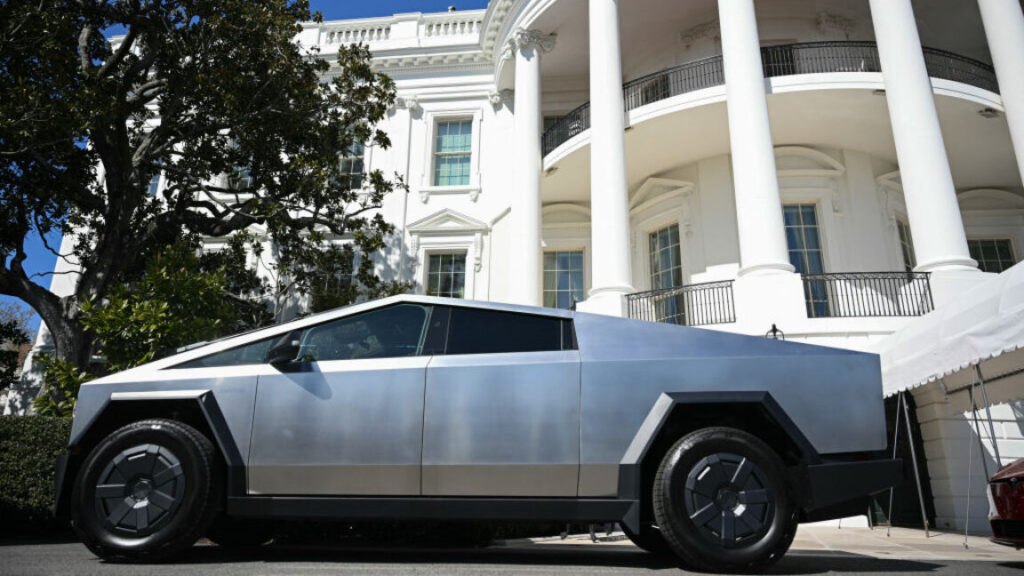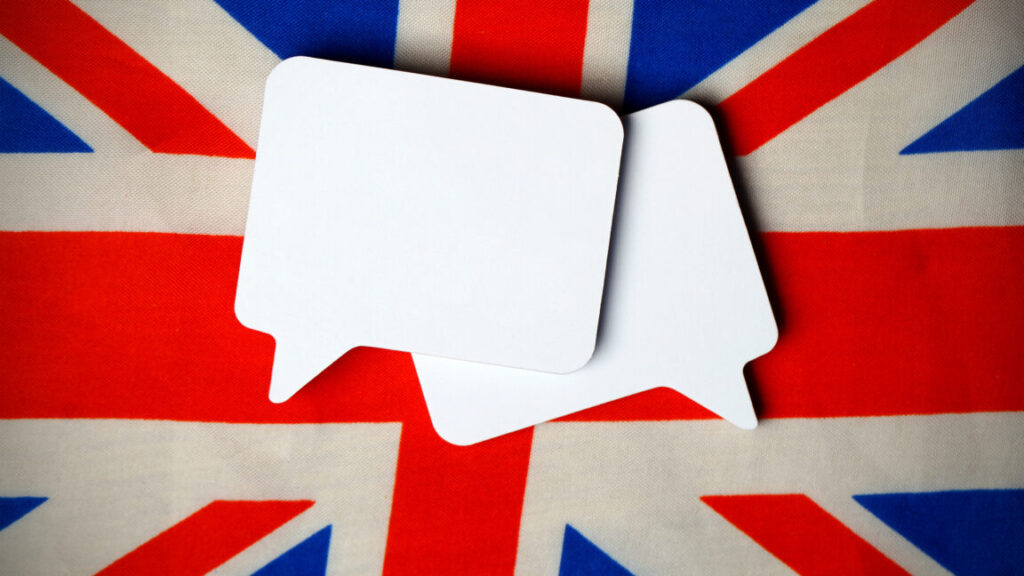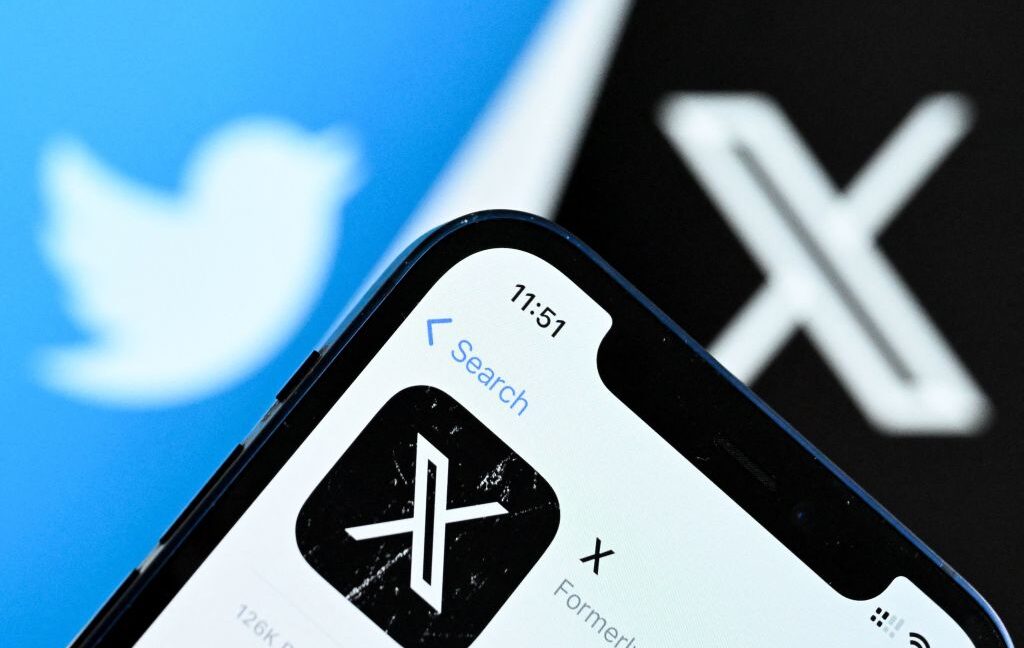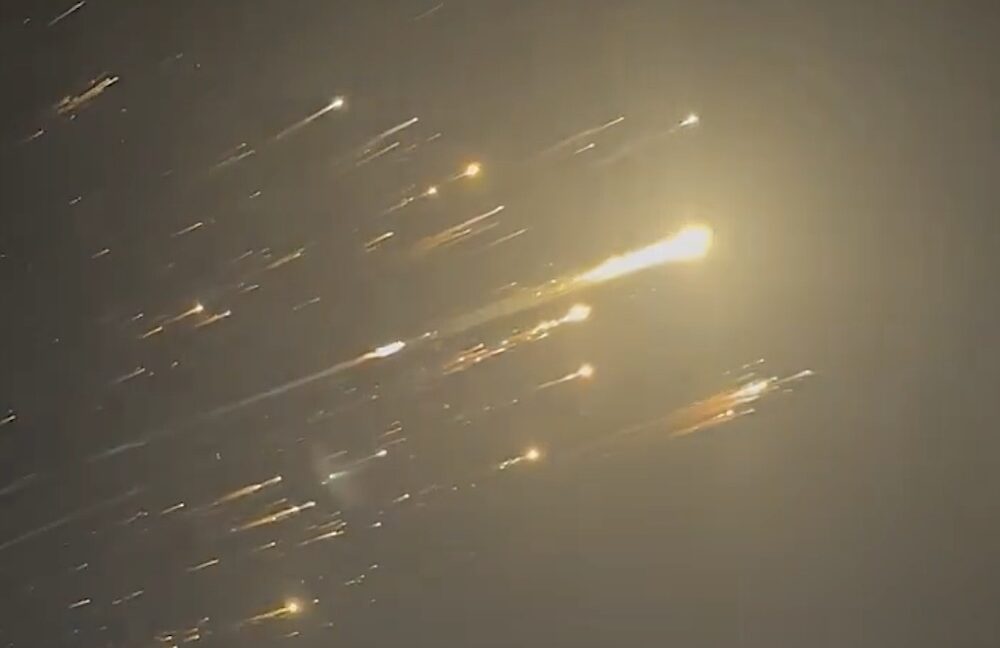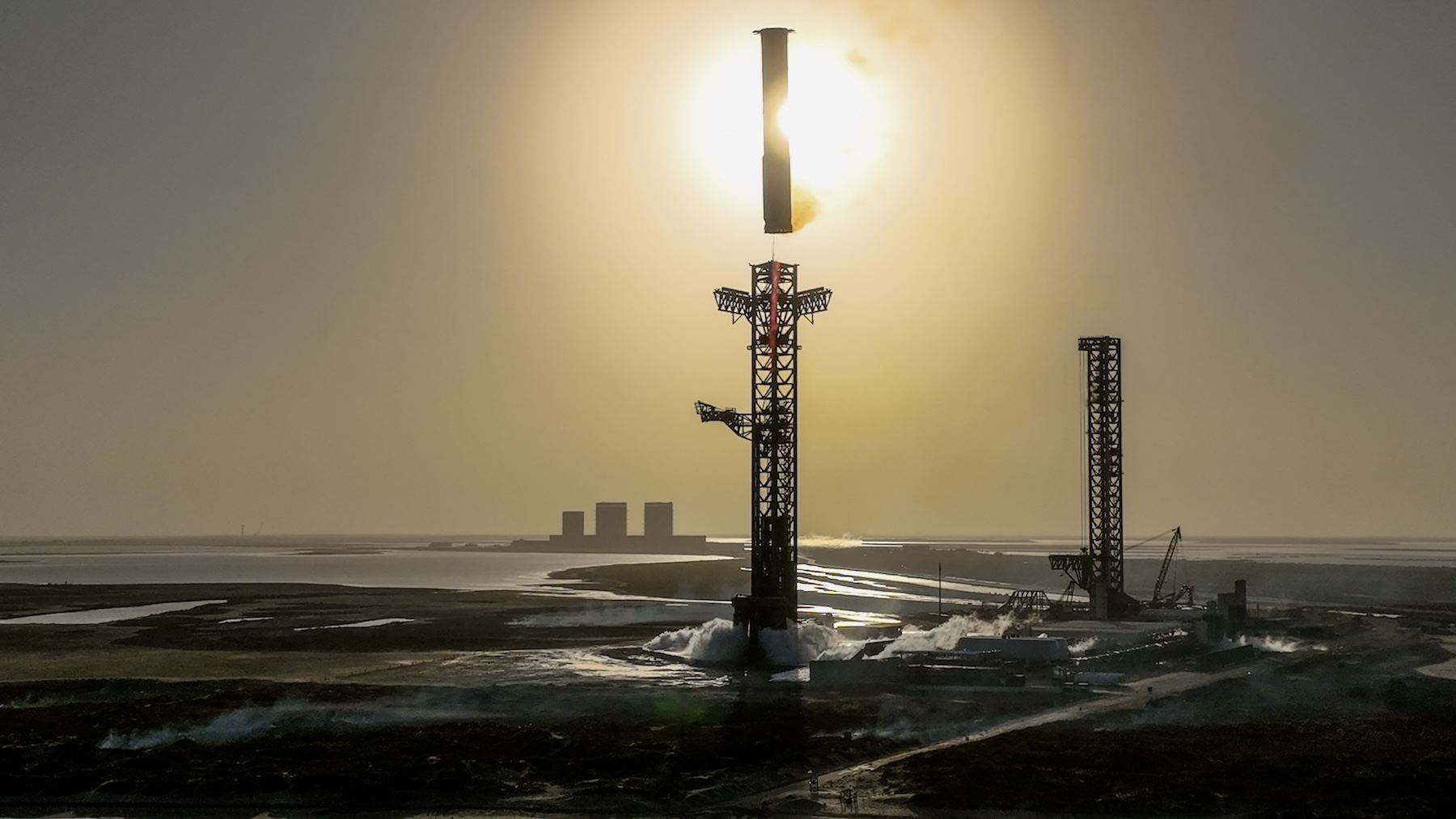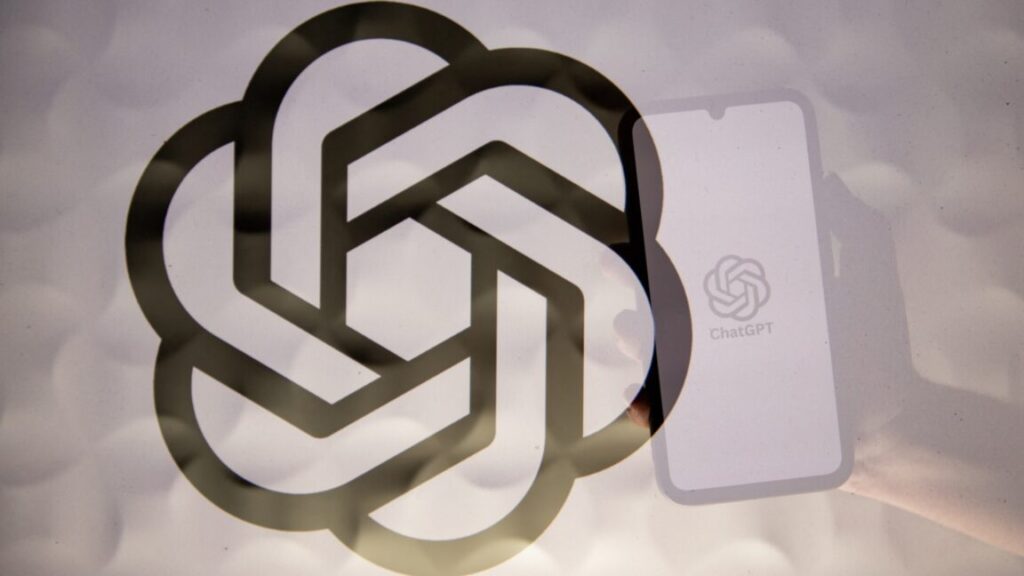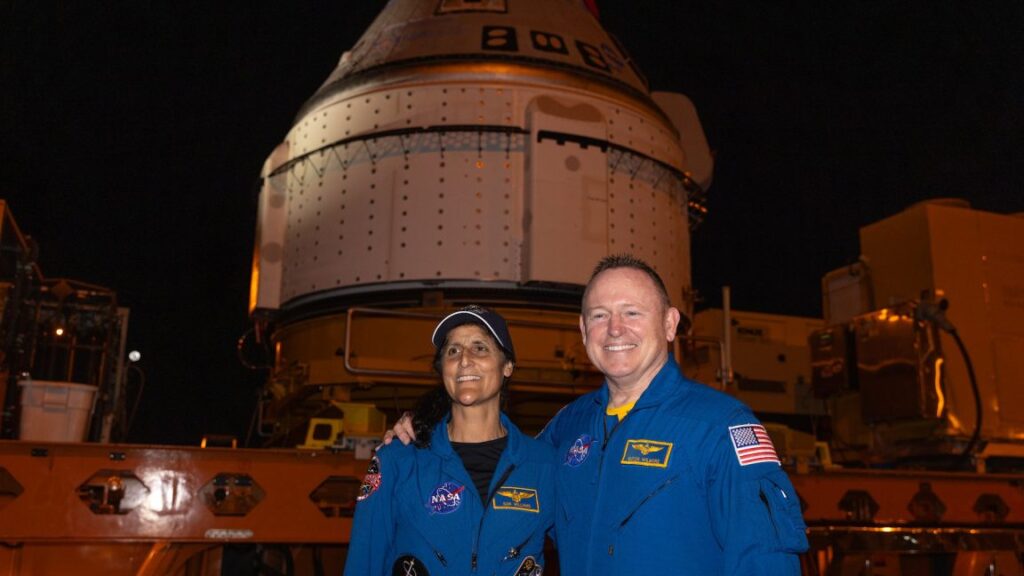Judge orders Musk and DOGE to delete personal data taken from Social Security
The lawsuit was filed by the American Federation of State, County and Municipal Employees; the Alliance for Retired Americans; and American Federation of Teachers. “Never before has a group of unelected, unappointed, and unvetted individuals—contradictorily described as White House employees, employees of either existing or putative agencies (multiple and many), and undefined ‘advisors’—sought or gained access to such sensitive information from across the federal government,” the lawsuit said.
A temporary restraining order preserves the status quo until a preliminary injunction hearing can be held, although the legal standards for granting a temporary restraining order or preliminary injunction are essentially the same, Hollander wrote. A temporary restraining order lasts 14 days by default but can be extended.
“In my view, plaintiffs have shown a likelihood of success on the merits as to their claim that the access to records provided by SSA to the DOGE Team does not fall within the need-to-know exception to the Privacy Act. Therefore, the access violates both the Privacy Act and the APA,” Hollander wrote.
The SSA has meanwhile been hit with DOGE-fueled budget cuts affecting its operations.
The order
The order says the SSA must cut off DOGE’s access. Musk, Gleason, and all other DOGE team members and affiliates “shall disgorge and delete all non-anonymized PII [personally identifiable information] data in their possession or under their control, provided from or obtained, directly or indirectly, from any SSA system of record to which they have or have had access, directly or indirectly, since January 20, 2025,” it says.
The DOGE defendants are also prohibited “from installing any software on SSA devices, information systems, or systems of record, and shall remove any software that they previously installed since January 20, 2025, or which has been installed on their behalf,” and are prohibited “from accessing, altering, or disclosing any SSA computer or software code.”
The SSA is allowed to provide DOGE with redacted or anonymized records, and may provide “access to discrete, particularized, and non-anonymized data, in accordance with the Privacy Act” under certain conditions. “SSA must first obtain from the DOGE Team member, in writing, and subject to possible review by the Court, a detailed explanation as to the need for the record and why, for said particular and discrete record, an anonymized or redacted record is not suitable for the specified use,” the order said. “The general and conclusory explanation that the information is needed to search for fraud or waste is not sufficient to establish need.”
Judge orders Musk and DOGE to delete personal data taken from Social Security Read More »
